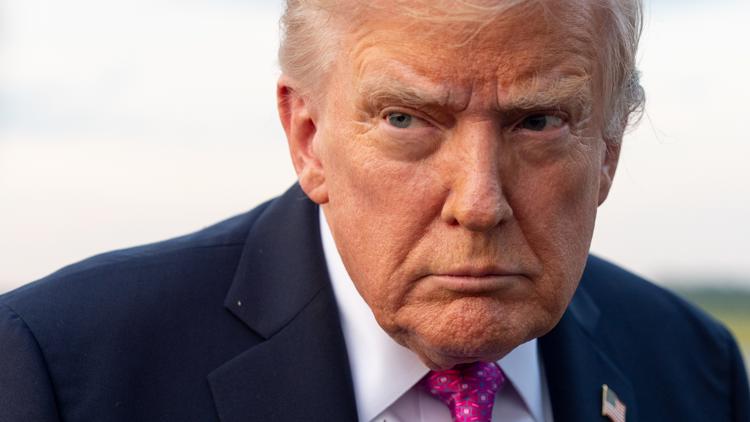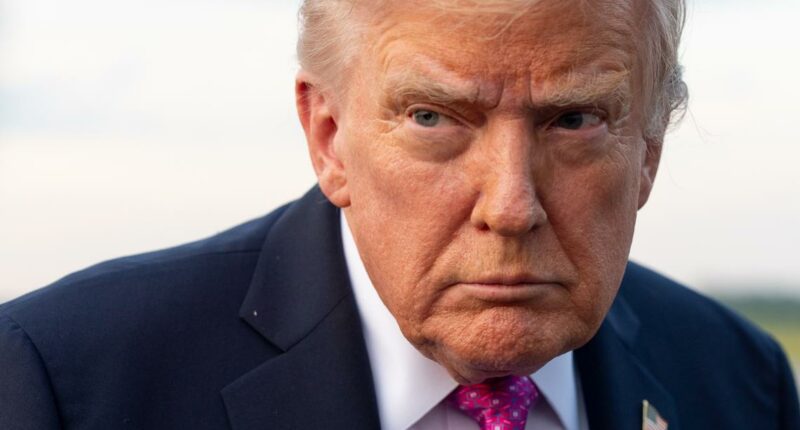Share this @internewscast.com

The Republican president has repeatedly postponed the decision on TikTok’s future and remained noncommittal about a deal when questioned by reporters on Sunday evening.
WASHINGTON — President Donald Trump announced on his social media platform that a meeting between American and Chinese officials was successful, and an agreement was made concerning “a ‘certain’ company that is very popular among young people in our Country.”
Trump’s statement hints that the company in question is TikTok, the China-linked social media platform that U.S. law mandates to be sold or else stop functioning.
The Republican president has continually pushed back the deadline on TikTok’s situation and was noncommittal about an agreement when speaking with reporters on Sunday evening. Trump’s plans include a conversation with Chinese leader Xi Jinping on Friday.
There was no immediate confirmation from China.
TikTok is among over 100 apps created in the last ten years by ByteDance, a tech company established in 2012 by Chinese entrepreneur Zhang Yiming, with its headquarters in the Haidian district of Beijing.
In 2016, ByteDance launched a short-form video app called Douyin in China and later introduced an international counterpart, TikTok. They acquired Musical.ly, a lip-syncing platform favored by teens in the U.S. and Europe, merging it with TikTok while keeping it independent from Douyin.
Soon after, the app boomed in popularity in the U.S. and many other countries, becoming the first Chinese platform to make serious inroads in the West. Unlike other social media platforms that focused on cultivating connections among users, TikTok tailored content to people’s interests.
The often silly videos and music clips content creators posted gave TikTok an image as a sunny corner of the internet where users could find fun and a sense of authenticity. Finding an audience on the platform helped launch the careers of music artists like Lil Nas X.
TikTok gained more traction during the shutdowns of the COVID-19 pandemic, when short dances that went viral became a mainstay of the app. To better compete, Instagram and YouTube eventually came out with their own tools for making short-form videos, respectively known as Reels and Shorts. By that point, TikTok was a bona fide hit.
Challenges came in tandem with TikTok’s success. U.S. officials expressed concerns about the company’s roots and ownership, pointing to laws in China that require Chinese companies to hand over data requested by the government. Another concern became the proprietary algorithm that populates what users see on the app.
Copyright 2025 Associated Press. All rights reserved. This material may not be published, broadcast, rewritten, or redistributed.















